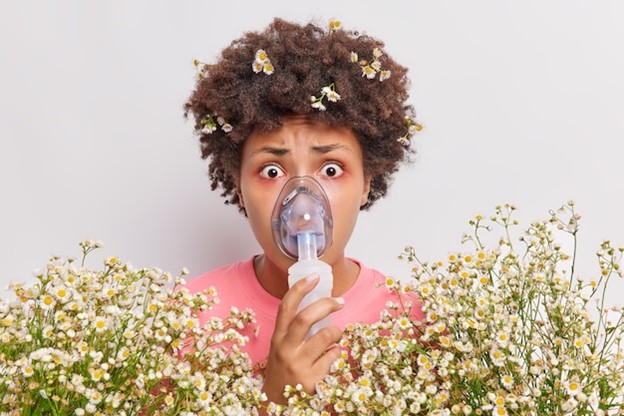Allergies are a common health concern that can affect individuals of all ages in South Africa. They occur when the immune system reacts to substances in the environment, known as allergens, triggering symptoms such as sneezing, coughing, itching, and congestion. Allergies can significantly impact quality of life, but fortunately, there are steps you can take to prevent and manage allergies effectively. Here are some essential strategies to consider:
- Identify and Avoid Allergens: The first step in preventing and managing allergies is to identify the specific allergens that trigger your symptoms. Common allergens in South Africa include pollen from trees, grasses, and weeds, dust mites, mold spores, pet dander, and certain food items. Once you identify your allergens, take proactive measures to minimize exposure. For example, keep windows closed during high pollen seasons, use dust mite-proof covers on mattresses and pillows, maintain good ventilation to prevent mold growth, and minimize contact with known allergenic foods.
- Keep Indoor Environments Clean: Maintaining a clean and allergen-free indoor environment is crucial for managing allergies. Regularly dust and vacuum your home to remove dust mites, pet dander, and other allergens that may accumulate on surfaces and in carpets. Use high-efficiency particulate air (HEPA) filters in your vacuum cleaner and air purifiers to trap allergens. Wash bedding frequently in hot water to kill dust mites, and consider using hypoallergenic bedding materials.
- Manage Outdoor Exposures: While it may not be possible to completely avoid outdoor allergens, you can take steps to minimize exposure. Check daily pollen counts and plan outdoor activities accordingly. Consider wearing a hat and sunglasses to protect your eyes and minimize contact with pollen. After spending time outdoors, change your clothes, take a shower, and wash your hair to remove any allergens that may have attached to your body.
- Practice Good Hygiene: Practicing good hygiene can help reduce exposure to allergens and alleviate symptoms. Wash your hands regularly, especially after petting animals, being outdoors, or coming into contact with potential allergens. Avoid touching your face, particularly your eyes and nose, as this can transfer allergens and exacerbate symptoms. Keeping your living spaces clean and free from dust and allergens will also contribute to better overall hygiene.
- Consider Allergy Medications: Over-the-counter antihistamines can provide temporary relief for mild allergy symptoms. However, if your allergies are persistent or severe, consult with a healthcare professional who can prescribe appropriate medications, such as nasal corticosteroids or allergy shots (immunotherapy), to help manage your symptoms effectively.
- Monitor Pollen Levels: Stay informed about pollen levels in your area. Various apps and websites provide daily pollen forecasts, allowing you to plan outdoor activities when pollen counts are lower. On high pollen days, consider staying indoors or taking precautions such as wearing sunglasses and using nasal saline sprays to reduce symptoms.
- Consult an Allergist: If your allergies are significantly impacting your daily life and self-care measures aren’t providing adequate relief, it’s advisable to consult an allergist. An allergist can conduct tests to identify specific allergens, develop a personalized management plan, and recommend appropriate treatments, including immunotherapy, if necessary.
- Educate Yourself and Others: Understanding your allergies and how to manage them is crucial. Stay informed about the latest research, treatment options, and preventive measures. Educate yourself about common allergens in your environment and share this knowledge with family, friends, and coworkers. This will help create a supportive and allergen-aware environment for everyone.
By implementing these strategies, you can significantly reduce the impact of allergies on your daily life in South Africa. Remember, prevention and management are key, and seeking professional advice when needed will ensure you receive the most effective treatment for your specific allergies.










